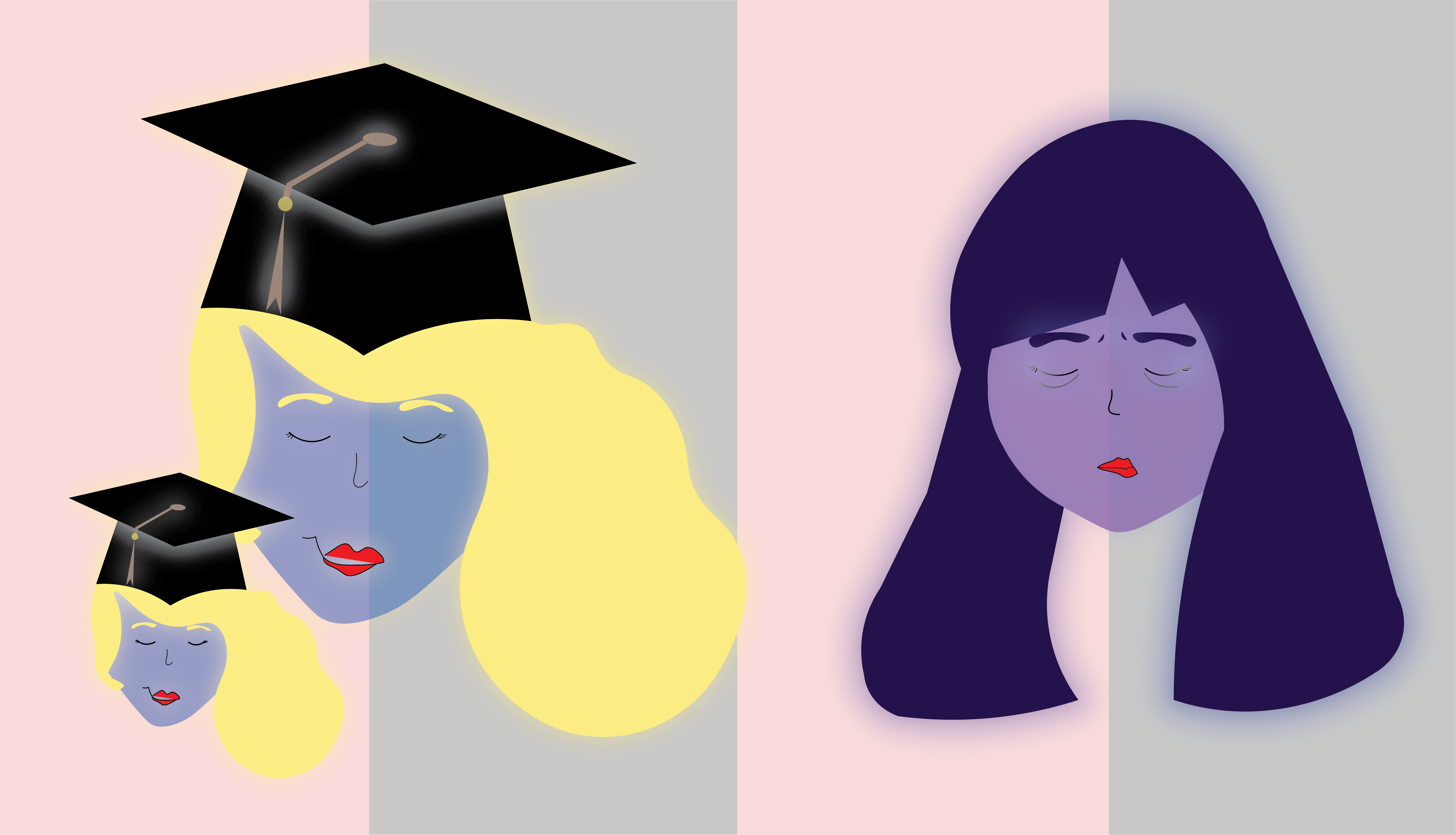Has your mind ever gone on a rant about all the things that are wrong with society? If yes, then I’m sure once you start, you spiral deeper and deeper into it until you come to the realization that everything is related.
It’s like a domino effect. It also seems impossible to pinpoint one solution, because for change to occur, many forces have to act in synchrony. On this note, I’m a strong believer that accessible, collective education would be a great place to start.
Personally, I feel like the more I know and learn, the more convinced I am that society’s evils will not change—at least not during my lifetime. This sounds conformist and hypocritical of me because I still try to be a social activist in my own way, in my everyday life. But it is hard to picture a world that’s more equal, caring, green, tolerant, empathetic, fair and so on when large numbers of people all around the world don’t have access to higher knowledge. One could argue that people can seek to learn in their own ways, but that’s just a weak argument. Especially when you consider how according to Humanium, 72 million children in the world are not in school. Or how poverty, marginalization and inequality have paved the way for 759 million adults to be illiterate and clueless about how to improve their conditions and the conditions of their children.
Isn’t that depressing––especially when you realize that these figures only consider access to primary education? Thus, reflecting how much of a privilege higher education really is. Even though BBC news has claimed that Canada has become “an education superpower,” by having 55 per cent of adults in the workforce with degrees, this still means 45 per cent of employees don’t have one. Plus, these figures don’t even take into consideration all unemployed adults that have achieved further education.
Although this is all a bit too grim, it is a great opportunity for us students to acknowledge how privileged we are to be in a higher education institution. Because even though we might not believe so today, we can change things in the future. Who knows, maybe one of you reading this will become a person with power and high morals one day. Education and awareness are tools we must value and use wisely, especially when you consider the large numbers of people who do not have the same luck. If we work towards making education a right, we’ll have a better chance at social improvement.
Making education available would create an elevated state of collective consciousness. This would challenge the status quo and would make a better world more tangible and possible. But as long as we remain an individualist and capital-driven society, the social gap will continue to broaden. The powerful and wealthy segments of society benefit through inequality, and why wouldn’t they when it is so profitable? This mentality combined with weak morals has kept the population ignorant.
Yeah, that might sound sort of leftist of me, but it isn’t, it’s just humanitarian thinking.
Graphic by Sasha Axenova
